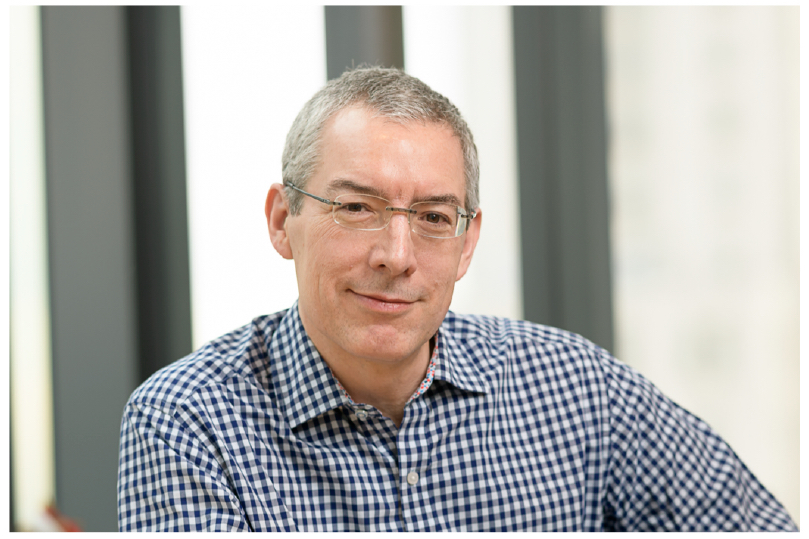
Research
Mycobacterium as Pathogen, Model System, and Cancer Therapy
We are broadly interested in the biology of mycobacteria, which include the major human pathogen M. tuberculosis, the nonpathogenic model organism M. smegmatis, and the cancer biotherapeutic agent BCG.
Our studies with M. tuberculosis seek to understand the pathways used by this pathogen to cause disease and neutralize the effector mechanisms of host immunity. The unifying theme of our work is understanding how this pathogen responds to the various chemical stresses imposed by the host. We characterize the pathogen sensing and signal transduction systems in molecular detail and unravel the regulatory mechanisms that govern these responses. Our most recent focus is the interplay of M. tuberculosis with host metal stress, often referred to as nutritional immunity.
We also believe that mycobacteria are a fertile system to study prokaryotic biology, particularly DNA repair. We are studying DNA repair in mycobacteria not only because the host inflicts DNA damage upon the bacterial chromosome during infection, but also because mycobacteria express a unique array of repair pathways not previously described in prokaryotes. We have elucidated many of the DNA repair pathways of mycobacteria which directly influence the evolution of antibiotic resistance.
Finally, we study BCG as a therapy of cancer. Although used worldwide as a vaccine for M. tuberculosis, BCG is also a highly effective biotherapy for bladder cancer. We are seeking to understand the mechanism of action of BCG in the treatment of bladder cancer, with the ultimate goal of improving its efficacy and predicting which patients will respond to BCG therapy. We have shown that BCG induces an antitumor immune response that is directed against tumor antigens and augments the function of tumor specific CD4 T cells. We are presently characterizing the upstream pathways stimulated by BCG that lead to anti-tumor immunity.
Current Projects:
- M. tuberculosis pathogenesis
- DNA repair and mutagenesis in myocbacteria
- Mechanism of action of BCG as a cancer therapy.
Bio
Michael S. Glickman MD is a Member in the Immunology Program of the Sloan Kettering Institute, an Attending Physician in Infectious Diseases at Memorial Hospital, and an Alfred Sloan Chair at MSKCC. A microbiologist and immunologist, Dr. Glickman’s research focuses of the pathogenesis of mycobacterial infections and the interaction of microbes with cancer cells. Dr. Glickman is a graduate of Dartmouth College, where he studied literature, focusing on poetry of the British Romantic Period. Dr. Glickman is an AOA graduate of Columbia University College of Physicians and Surgeons and completed internal medicine clinical training at the Massachusetts General Hospital of Harvard Medical School. He completed Infectious Diseases clinical training at the Albert Einstein College of Medicine/Montefiore Medical Center. He was a postdoctoral fellow with Dr. William Jacobs of AECOM and HHMI. Dr. Glickman is an inductee of the American Society of Clinical Investigation (ASCI), the Association of American Physicians (AAP), and is an elected member of the American Academy of Microbiology.
Distinctions:
- Member ASCI
- Member AAP
- Fellow, American Academy of Microbiology
- Director, Center for Experimental Immunooncology, MSK
- Alfred Sloan Chair, MSK
